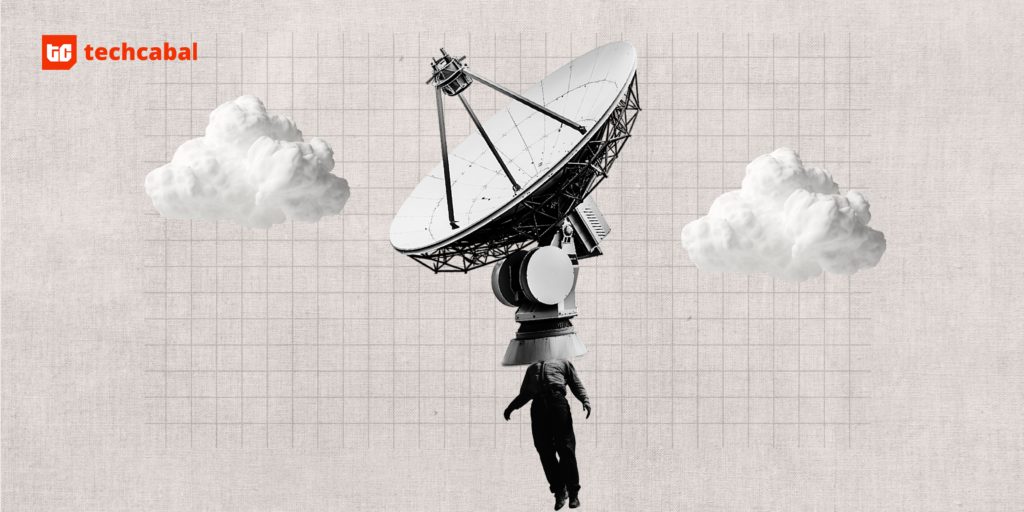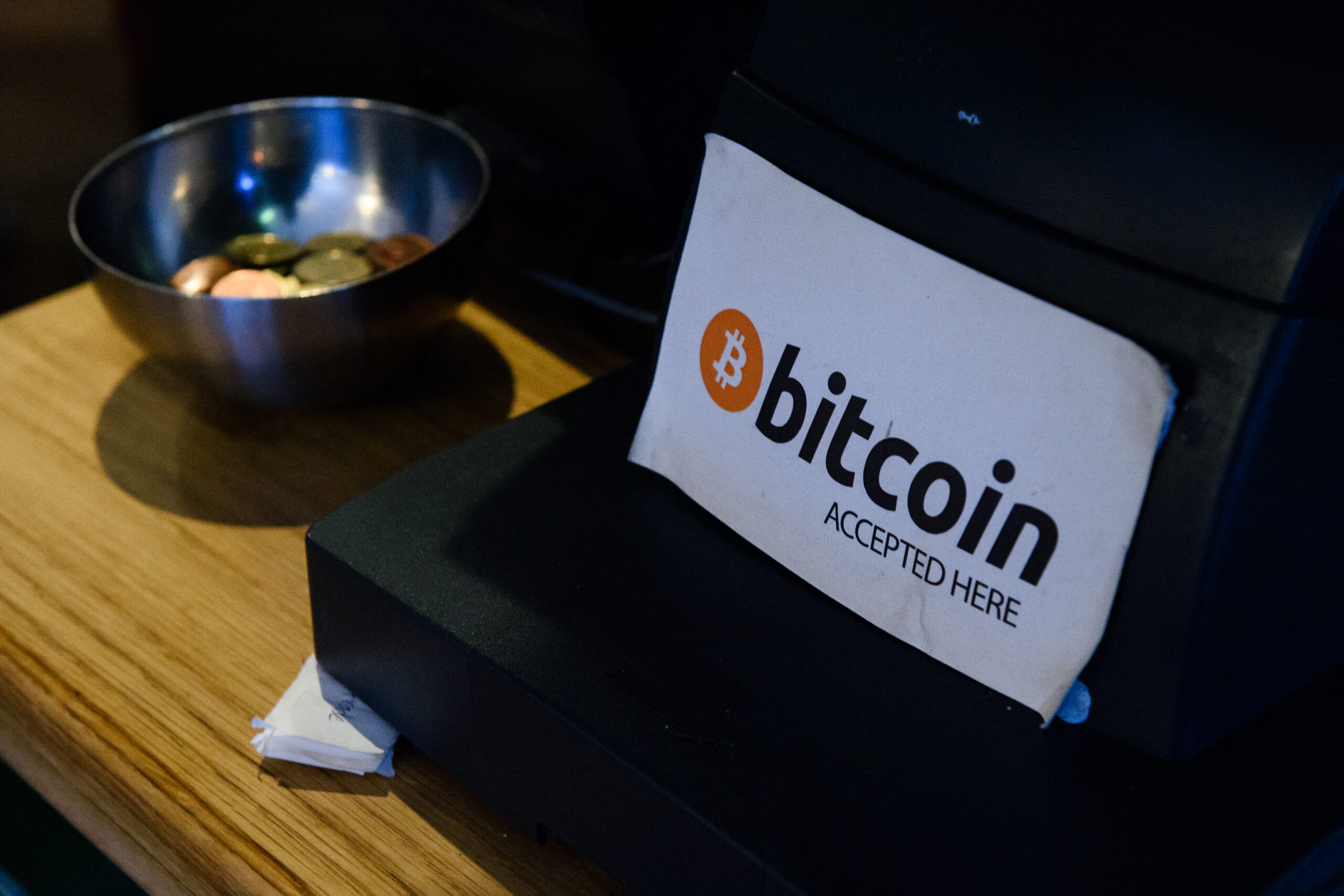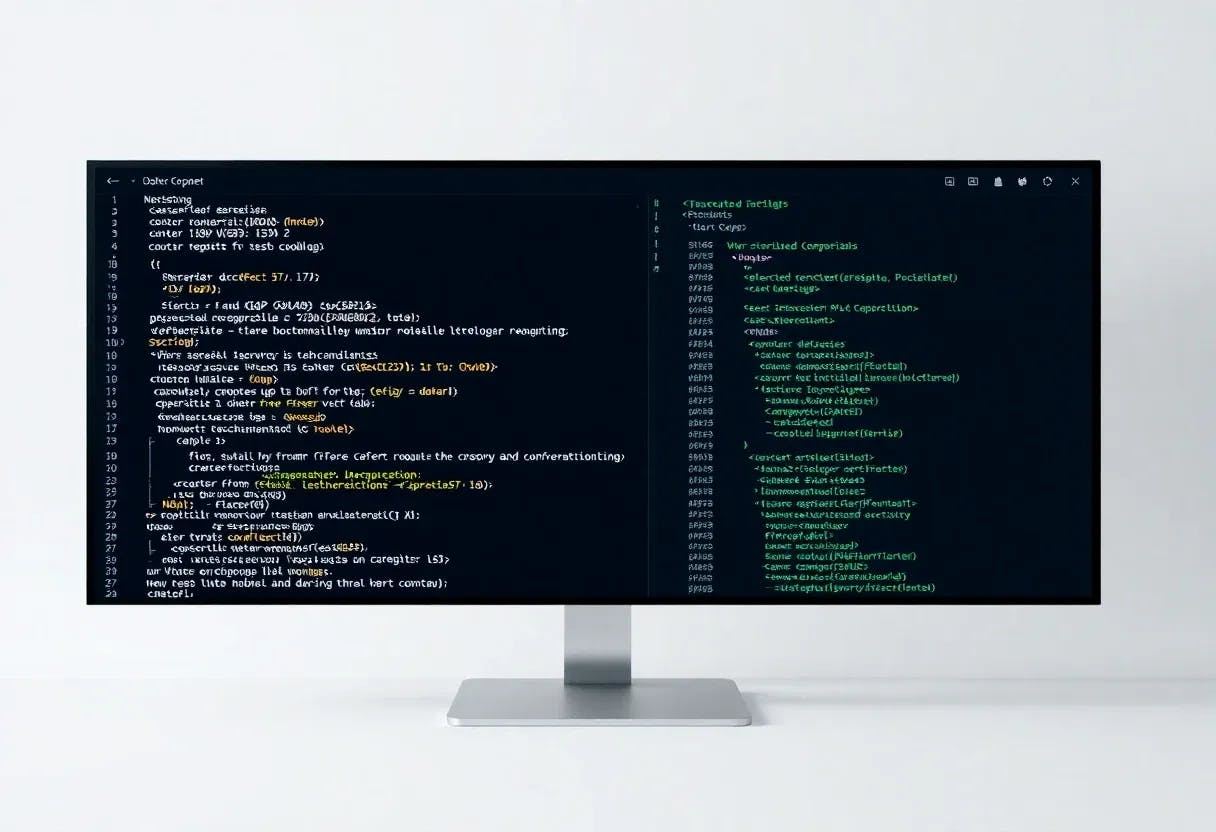MultiChoice, now a wholly owned subsidiary of Canal+, will revise its DStv decoder prices starting 1 November 2025, a major shift after years of declining subscriber numbers due to rising costs.
Over the past two years, the company lost 2.8 million active TV subscribers across Africa, half from South Africa and the rest from other markets. In 2025 alone, DStv shed 1.2 million users in South Africa, an 8% drop from the previous year.
The slump reflects a challenging pay-TV landscape shaped by higher subscription fees, changing viewer preferences, and growing competition from more than 560 streaming platforms now available across the continent.
New decoder prices (South Africa, Nigeria, Kenya)
South Africa
Nigeria and Kenya
While MultiChoice has not disclosed whether the new price cuts will apply across all its markets, any broad implementation could significantly impact key regions like Kenya and Nigeria, where DStv commands a large share of pay-TV households.
Both markets have faced mounting pressure from cheaper streaming alternatives and rising living costs, so a price adjustment could either help the company regain lost ground or further expose its revenue to currency fluctuations and competitive pricing dynamics. If Multichoice slashes prices, in Nigeria and Kenya, using the similar 40% online and 30% retail price cuts, the following price will take effect.
Nigeria
Kenya
What it means for subscribers
MultiChoice’s decision to cut decoder prices lowers the entry barrier for customers who’ve been hesitant to join DStv. The more affordable hardware could attract new households and encourage existing users to upgrade their devices. Once those decoders are in homes, subscribers become eligible for a range of limited-time perks the company is rolling out.
From November 7 to 9, all active DStv users will enjoy an Open Time Weekend, giving them access to Premium content at no extra cost. Meanwhile, DStv Premium customers will get two additional device streams until December, allowing up to four simultaneous views.
These price adjustments and offerings mark Canal+’s first major strategic move as DStv’s new owner, making entry more affordable, rewarding loyalty, and rekindling interest in traditional satellite TV amidst growing streaming competition.
MultiChoice’s deep decoder discounts show just how hard Canal+ is pushing to win back viewers. From November, South Africans will still pay the most for new DStv hardware, followed by Kenyans and Nigerians, but the cuts mark a clear attempt to make satellite TV affordable again after years of subscriber losses. It’s a move that could help DStv reconnect with middle-income households who’ve drifted to cheaper, on-demand options.
Still, the timing says a lot about the shifting TV economy. With hundreds of streaming platforms now jostling for attention across Africa, lowering prices might spark a wider price war, one that gives viewers more choice, but forces pay-TV and streaming companies alike to fight harder for every household.









